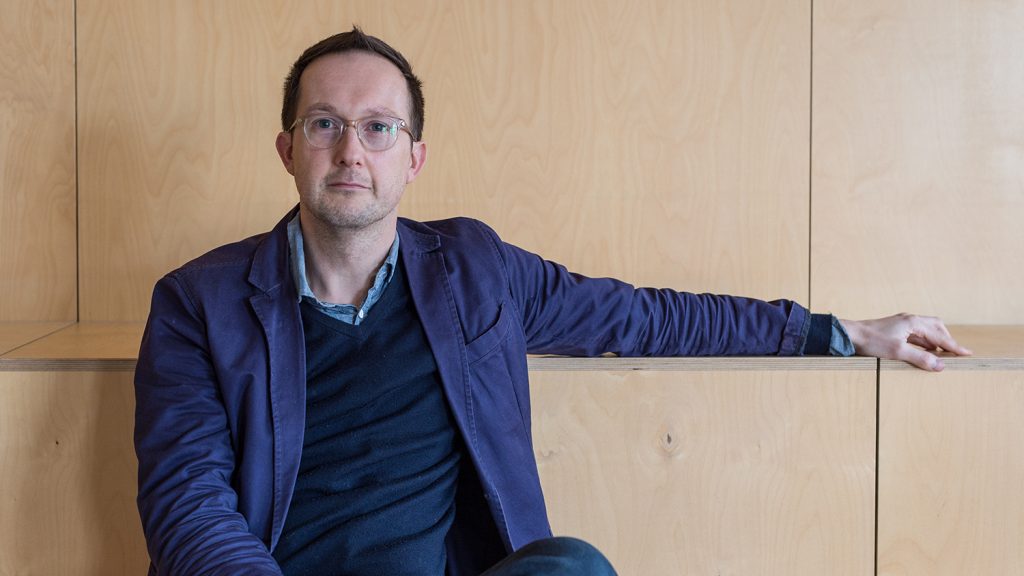Weekly digest – 08.04.20

“Honestly, there is a lot to be said for tooling about all day, looking up recipes and not making them, not bothering to paint the living room and failing to write a novel. In the middle of the messy non-event called your mid-afternoon, you might get something – a thought to jot down, a good paragraph, a piece of gossip to text a pal. Boredom is a productive state so long as you don’t let it go sour on you. Try not to confuse the urge to get something done with the idea that you are useless. Try not to confuse the urge to contact someone with the thought that you are unloved. Do the thing or don’t do it. Either is fine.”
The above was one of my favourite posts on Twitter this week, both for the quality of the writing and the sentiment. It was written by Anne Enright, whose Booker Prize-winning novel was given to students earlier this year as part of the University’s partnership with the Booker Prize Foundation, with a view to encouraging social reading amongst our students.
It also chimes with an excellent article that has been written by final year English and Sports Science student Hannah Bradfield, soon to be published in our online magazine. Entitled ‘The Subjectivity of Productivity’ she questions our understanding of what is productive, arguing that we should not constantly value tangible outputs as being productive but that we should see doing very little or spending time with people we love as being equally productive.
I found this particularly refreshing as my observation of many students is that even leisure activity is selected for its tangible values rather than simply the pleasure of the participation. While the arts offers many underlying benefits, it should be a space free from material considerations.
A certain fetishism about the value of keeping up a schedule of activities, maintaining checklists and prioritising how time is spent has spilled over from our working life to our free time. The current period has seen a proliferation of online ways to maintain our schedules and outputs to the extent where there is a pressure to be seen to be productive. However, I would argue that the next week, when we are not at work or on holiday but at home, offers time for creative contemplation. Psychologists have found that periods of unconscious thought actually improve decision making and engender creative thinking; and that technological breakthroughs, key philosophical texts and works of music or literature or art have originated in times when the head was clear of tasks and technology. I would echo
the views of Anne Enright and our student Hannah Bradfield: productivity in our leisure time or lockdown time does not need to be task-based and the week ahead would be equally beneficially spent by unplugging ourselves from our work mentalities in order to think, to walk and to be creative.
“I don’t think necessity is the mother of invention. Invention, in my opinion, arises directly from idleness, possibly also from laziness – to save oneself trouble.”
Agatha Christie
“I think that there is far too much work done in the world, that immense harm is caused by the belief that work is virtuous, and that what needs to be preached in modern industrial countries is quite different from what always has been preached.”
Bertrand Russell, In Praise of Idleness
The Limit
The Limit showcases the creativity that exists within the student population, creating a sense of community.